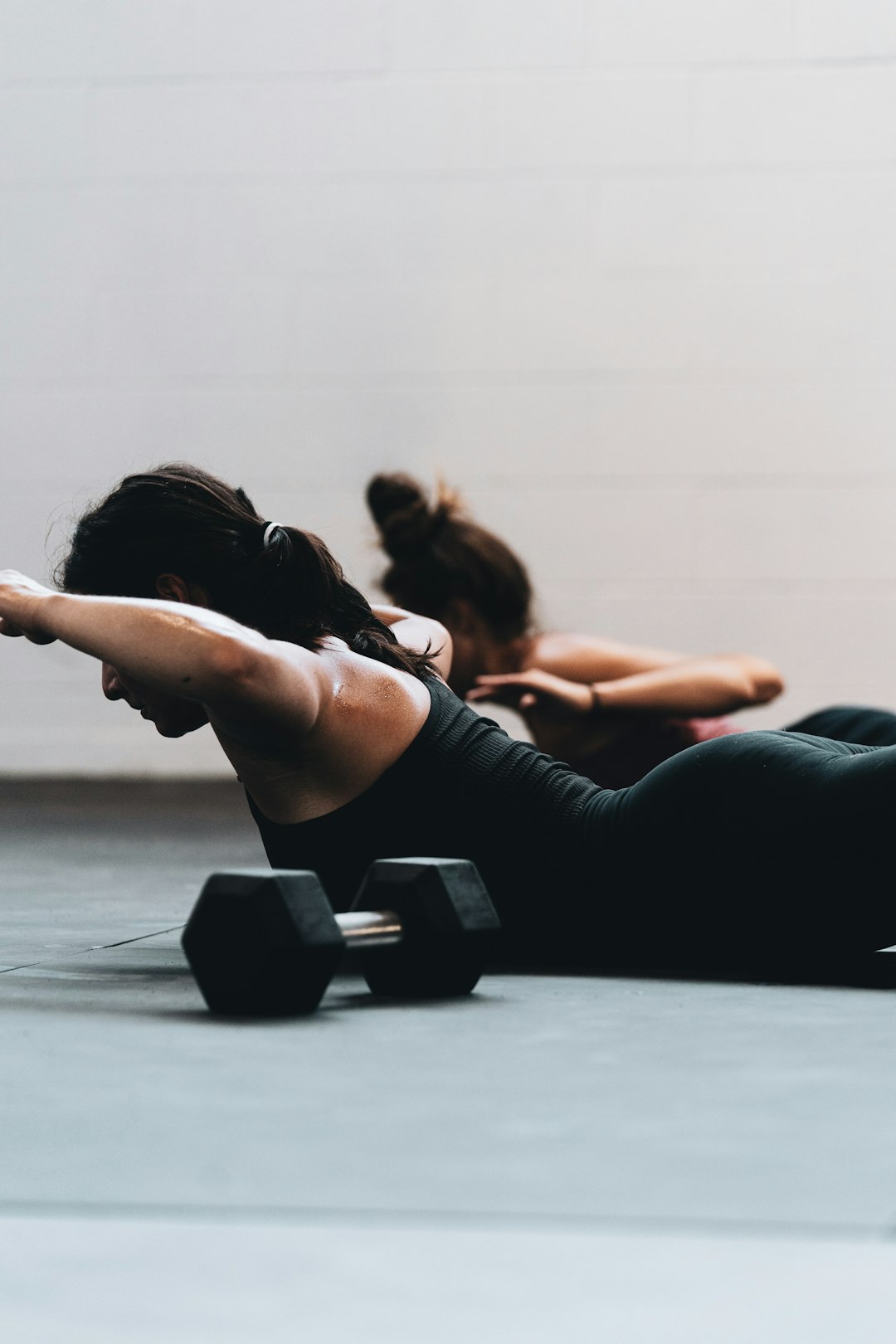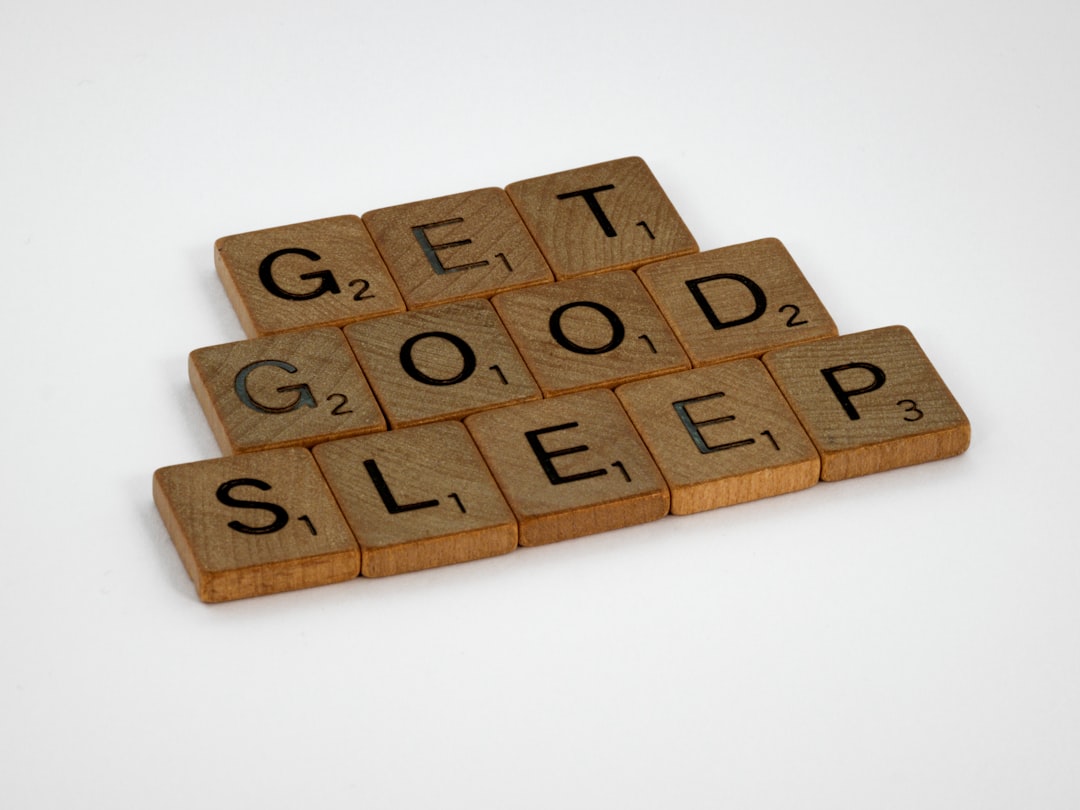Physical and mental health are often treated as separate entities, but the truth is that they are closely connected. Our physical health can have a significant impact on our mental health, and vice versa.
In this post, we will explore the connection between physical and mental health, and how taking care of both can lead to a happier, healthier life.
The Physical Effects of Mental Health
Many people are unaware of the physical effects that mental health can have on the body. Stress, anxiety, and depression can all contribute to physical symptoms such as headaches, muscle tension, and fatigue. In some cases, mental health issues can even lead to chronic conditions such as heart disease and diabetes.

One of the reasons for this connection is the role that stress plays in our bodies. When we experience stress, our bodies release hormones such as cortisol and adrenaline. These hormones can cause a range of physical symptoms, including an increased heart rate, high blood pressure, and a weakened immune system.
The Benefits of Exercise
One of the best ways to improve both your physical and mental health is through regular exercise. Exercise has been shown to reduce symptoms of depression and anxiety, improve sleep quality, and boost overall mood.

Exercise also has numerous physical benefits, such as reducing the risk of heart disease, diabetes, and certain types of cancer. It can also help to improve strength, flexibility, and balance, which can reduce the risk of falls and other injuries.
The Importance of Sleep
Sleep is another crucial factor in maintaining both physical and mental health. Lack of sleep can lead to a range of physical symptoms, including fatigue, headaches, and a weakened immune system. It can also contribute to mental health issues such as anxiety and depression.

Getting enough sleep is essential for our bodies to repair and regenerate. It can also help to improve memory, concentration, and overall mood. Aim for 7-8 hours of sleep per night, and try to establish a consistent sleep schedule to help regulate your body’s internal clock.
The Physical Benefits of Mental Health
While mental health can have a significant impact on our physical well-being, the opposite is also true. Taking care of our mental health can have numerous physical benefits, such as reducing the risk of chronic conditions and improving overall health.
The Benefits of Meditation
Meditation is a powerful tool for improving mental health, but it also has numerous physical benefits. Regular meditation has been shown to reduce blood pressure, improve heart health, and boost the immune system.

Meditation can also help to reduce inflammation in the body, which is linked to a range of chronic conditions such as heart disease, diabetes, and arthritis. It can also improve sleep quality, reduce stress, and boost overall mood.
The Power of Positive Thinking
Positive thinking is another powerful tool for improving both mental and physical health. Studies have shown that people who have a positive outlook on life have a lower risk of chronic conditions such as heart disease and diabetes.

Positive thinking can also help to reduce stress and anxiety, boost the immune system, and improve overall mood. Try to focus on the positive aspects of your life, and practice gratitude for the things you have.
Conclusion
Physical and mental health are closely connected, and taking care of both is essential for a happy, healthy life. Regular exercise, adequate sleep, and positive thinking can all help to improve both physical and mental well-being. By making small changes to your lifestyle, you can start to experience the benefits of a healthy mind and body.


